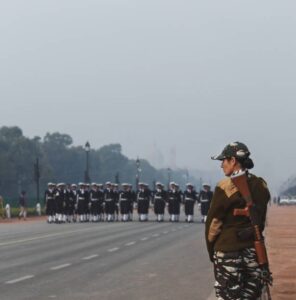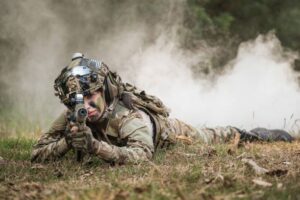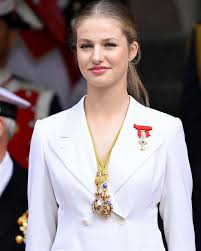The Armed Force is very male-dominated in Pakistan. Men are generally responsible for decision making in a lot of government and government led organizations. As the country’s population increases, it becomes harder to control and command.
Since 1990, women have been allowed entry into some areas such as politics, education and public service. They also joined the navy and air force after that. A recent law will enable women to enter infantry and security Armed Force. It will take another 5 years before they can enlist fully. Most men were happy when the law was passed. Some women had their doubts on its implementation. Although many thought it would make things easier for them, people are not ready for the changes. However, women are now allowed in the Armed Force, both directly and indirectly.

Currently, there are around 25,000 female soldiers in Pakistan’s elite combat training battalion. Around 15 thousand women are part of the active force. There are about 60 per cent of Pakistan’s personnel in an active army unit, however only 15 out of 30 thousand active officers are female.
Around 20% of all women are in “regular” occupations, mostly in low level positions, like teacher or administrative. There are also around 10 thousand female lawyers but this number is decreasing every year.
What are the three armed forces of Pakistan?
Women participate in political activities a little bit more than do male counterparts. Their representatives from different parties hold joint meetings with the Prime Minister, giving speeches during parliamentary sessions and other political gatherings. The parliamentarians have a much bigger number of female colleagues than the total number of men lawmakers. Only 1 per 1000 members of congress are female in Pakistan.
The current government has appointed over 1,700 female representatives. These women have been given many high-paying jobs in federal ministries and civil services, like head of universities, cabinet secretary, ambassador, director general of police, chief secretary, deputy governor of Sindh, executive director of state electricity company, and others.
One important role that women should play is chairing committees. The government has formed 13 women committees. Currently, only one female member has completed her term. Pakistani President Arif Alvi has said he wants female gender representation to become equal to men representation in the nation’s government.
He stated that when the president appoints his cabinet, even if a man or a woman holds a higher post, the cabinet must comprise at least one woman, who will not have any advantage of being a woman. However, the same thing cannot be applied to men in Pakistan, the highest position must belong to one man.
This will only happen if it happens in Pakistan. But currently, there are still reservations about women in leadership. Armed Forces are treated as second class citizens in Pakistan. There is also lack of transparency in government dealings since they are usually held among politicians.
Female leaders are only allowed to attend major events, like the election of mayors and parliamentary candidates. If such event does not occur, they cannot speak in public meetings and appearances. Even the most senior officials of the bureaucracy and Armed Force are often excluded from decisions made by the president.

To conclude, women are slowly becoming equal to men in our society. Due to reforms, women have gone through many difficulties and obstacles, but they still can serve their nation and country well. Women can also become potential leaders for those countries where there is no female representative. Pakistan has some big developments in the area of women’s rights, so we hope it is just another step towards greater equality and social justice. Now that women can also go into the Armed Force it will eventually increase their contribution to international relations.












